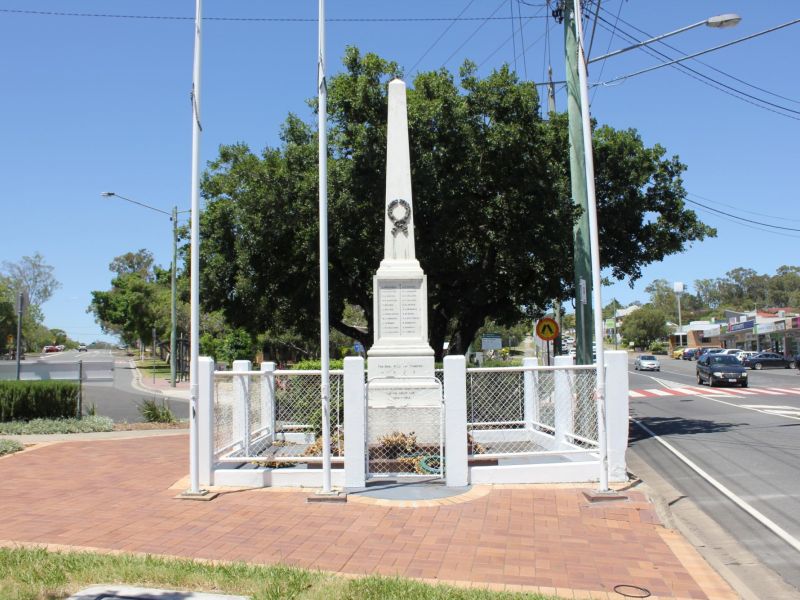Private Louis Braganza, 9th Battalion, AIF
Louis Braganza was born in 1885 in Inverell, New South Wales, to Louis and Christina Braganza. By the time the First World War began, his father had passed away and Braganza was living at Goodna, Queensland, and working as a freezer.
Braganza enlisted in Brisbane on 9 August 1915, and after his initial training was allotted to the 5th reinforcements to the 25th Battalion. He embarked from Brisbane in October aboard the transport ship Warilda, bound for Egypt and the 7th Training Battalion at Zeitoun.
He was transferred to the 9th Battalion at Habieta at the end of February 1916 and a month later sailed with the battalion to France.
The 9th Battalion was initially sent to quieter “nursery sector” around Armentières and went into the front line for the first time in May.
The next month, a raiding party was organised for 1 July and intense training began. On the night of the raid, five men withdrew from the party. Braganza was one of those asked to take their places, despite not having been involved in any of the training.
Braganza was in the centre company and upon entering the German trenches he was involved in fierce hand-to-hand fighting with the enemy. He was severely wounded and when the signal to retire was given, the raiders withdrew, leaving Braganza and several other casualties behind.
The Germans took Braganza and several other men prisoner and he was transferred to the German 9th Field Hospital at Haubourdin. On 4 July, in spite of Braganza’s severe condition, he was questioned by a German intelligence officer.
The intelligence mentioned that “the prisoner was in great pain and was very weak”, and that at several points it was considered necessary to cease the interrogation “and to confine it to the most important points”.
This gentle approach by Braganza’s captors yielded some valuable intelligence. However, his condition continued to deteriorate and he died that afternoon.
He was 31 years old.
Braganza was laid to rest in the Haubourdin Communal Cemetery. After the war, his remains were exhumed and transferred from Germany to France, where he was interred in the Cabaret Rouge British Cemetery, north of Arras.
His name is listed on the Australian War Memorial Honour Roll, among more than 40,000 other Australians who died while serving in the Second World War.
- Australian War Memorial https://www.awm.gov.au/collection/AWM2016.2.51
 Australian War Memorial
Australian War Memorial